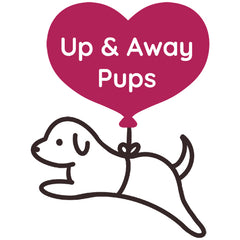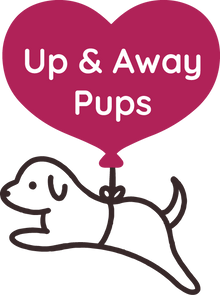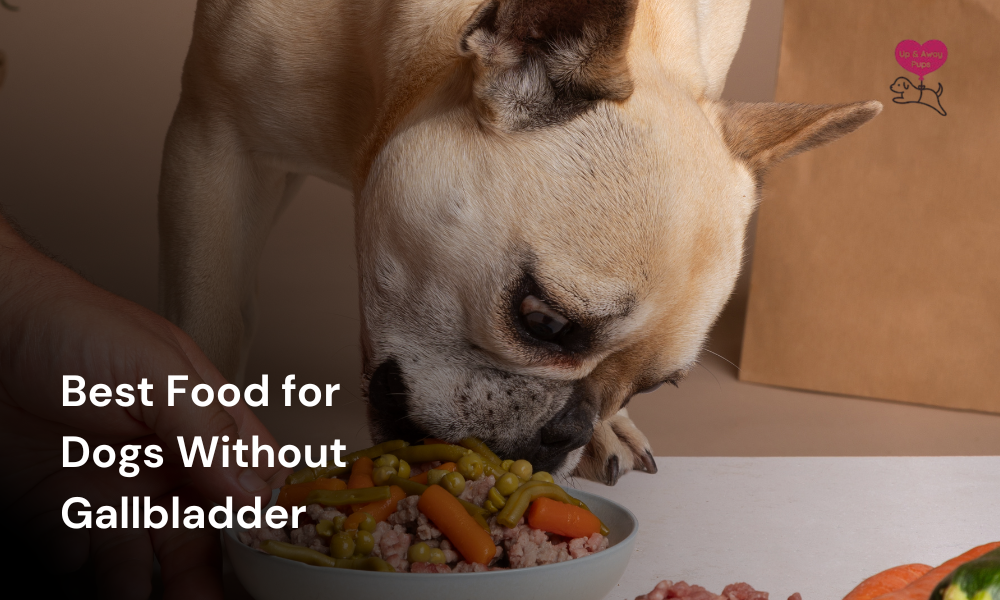Best Food for Dogs Without Gallbladder
After gallbladder removal, dogs can live a healthy life with dietary adjustments. This includes avoiding fatty, processed foods, opting for lean meats, and considering homemade meals. It’s important to provide low-fat, easily digestible food to prevent digestive issues. Mental health also plays a role, as stress or anxiety can complicate the adjustment. Regular vet consultations are key to monitoring progress, and choosing the right commercial dog food is essential for maintaining overall well-being post-surgery.
First of all, for those unaware, a dog can live a completely happy and healthy life without a gallbladder. It is a non-essential organ that stores and concentrates bile produced by the liver, which is then released to help digest fats. Without it, the bile directly goes to the intestines. So, if your dog had their gallbladder removed or did not have one at birth, rest assured; it is nothing too bad. Now, with that said, that doesn’t mean you, as a pet parent, can be careless. Dogs might experience digestive issues after gallbladder removal, but it can be largely managed with dietary adjustments. So, here are the best foods for dogs without a gallbladder.
Goodbye to Fatty and Processed Foods
Dogs without a gallbladder can no longer handle fatty, greasy, or highly processed foods, so they have to strictly adhere to certain dietary restrictions. You see, since the bile flows directly into the intestines rather than being stored for fat digestion, heavy foods only cause stomach upset, discomfort, and diarrhea. You must ensure that your dog eats only a low-fat diet:
• Avoids fatty meats, so that means goodbye to bacon, sausages, lamb, or dark poultry meat. You must only feed lean meat like chicken breasts, white fish, or turkey.
• Cuts out fried and oily foods completely. Even dogs without dietary constraints should avoid these kinds of foods.
• Processed treats may be mouth-watering to dogs, but they are jam-packed with fillers, artificial additives, and unnecessary fats. Instead, opt for natural, single-ingredient treats like dried chicken or carrots.
• Some brands add unhealthy fats and by-products, so before feeding your dog commercial dog food, check the label and opt for low-fat options.
A canine nutrition review on ResearchGate also supports this, highlighting the importance of low-fat, nutrient-rich meals to aid liver function and digestion after gallbladder-related issues.
Even with the dietary changes, it’s also important to consider that digestion changes can affect your dog's mental health. Anxiety or stress may make dietary transitions harder, so keep an eye on how your dog is emotionally adjusting during this time
Consider your dog to be in a forever detox of outside food. You must feed them fresh, whole ingredients that are easy to digest. Cooked veggies like carrots, pumpkins, and green beans have the needed nutrients, along with smaller portions of meals throughout the day to help prevent stomach aches and provide much-needed protein.
Recommended Commercial Dog Foods
When selecting commercial dog food, you’d want to look for brands that have a formula specifically created for dogs with digestive issues. These are usually labeled as low-fat or gastrointestinal support formulas. If your dog has some other issues or requirements, we recommend consulting a vet regarding the same, and they can provide you with the most suitable option for your dog’s unique needs.
Additionally, as PetMD suggests, a bland, low-fat diet is beneficial after gallbladder removal, supporting smoother digestion and easing the body's adjustment process. So, when choosing food for your dog, opt for formulas that align with these recommendations to help maintain digestive health post-surgery.
Homemade Diet Considerations
We understand it is not feasible for everybody to cook a meal for their dogs at home. However, for those that can manage it, preparing a homemade meal is one of the best things you can do for a dog with a gallbladder issue.That’s because cooking at home gives you full control over ingredients, allowing you to tailor meals to your dog’s needs and preferences. However, ensure it is balanced in terms of its nutritional content.
Monitoring and Consultation
Even after adjusting to your dog’s new diet, you must keep an active eye out and observe their response to the new feeding regimen. Even the smarter dogs like Poodles don’t particularly understand the concept of a diet. If they still exhibit signs of discomfort, if their stool consistency changes, or if you notice any irregularities in their appetite, you might want to follow up with your vet and make sure you’ve covered all ground in terms of making the necessary dietary adjustments.
When to Call the Vet
• Yellow diarrhea (excess bile).
• Weight loss despite eating.
• Repeated vomiting.
Final Tip
Adapting your dog’s diet following a gallbladder removal can be quite difficult initially for everybody involved, and it is completely normal. Do not feel discouraged, as it isn’t a life-altering change. Work alongside a vet, see what works, and with the right diet, your dog can lead a long and healthy life post-surgery without major complications.
FAQs
Can My Dog Still Enjoy Treats After Gallbladder Removal?
Yes, but opt for low-fat treats and offer them in moderation. Vegetables like carrot sticks or apple slices (without seeds) can be healthy alternatives.
How Soon After Surgery Can I Introduce a New Diet?
It's advisable to introduce dietary changes gradually. Start with easily digestible, low-fat foods as recommended by your veterinarian, and monitor your dog's tolerance before making further adjustments.
Are There Supplements That Can Aid Digestion Post-Surgery?
Certain supplements, such as digestive enzymes or probiotics, may support digestion. However, always consult your veterinarian before introducing any new supplements to ensure they're appropriate for your dog's specific condition.


